Angel Howard, 44
CITY: Ellenwood
OCCUPATION: Hair stylist
Angel Howard never had insurance before enrolling in Obamacare in November 2013. Despite the computer crashes and headaches of the first open enrollment period, Howard said she has felt grateful every day that she has insurance.
With an annual income of about $20,000 and two daughters in college, her household budget is “tight. I mean really tight,” she said. Insurance was a luxury she could not afford.
Howard had skipped getting treatment for her eczema, a skin condition, and the prescriptions often prescribed for it. She had come to accept the often troublesome disorder as “part of life.”
With the help of a tax credit, though, her premium to cover herself and her daughters is about $49, down from $670 without the credit. The first year, her premium was a penny. “It’s been great,” she said. She can not only see the doctor for her eczema but also go for a yearly checkup, as can her daughters.
Howard added that without the tax credit, she wouldn’t be able to afford insurance for her family.
*****
Credit: HYOSUB SHIN / AJC
Credit: HYOSUB SHIN / AJC
Nathan Tavel, 26
CITY: Atlanta
OCCUPATION: Sign painter/designer
Nathan Tavel, like many young people, received a birthday “take-away” when he turned 26. He lost health insurance, which he had through his parents until Nov. 18, the day he reached a new age of dread for many millennials.
Burdened with college debt from studying at the Maryland Institute College of Art, Tavel didn’t think he could afford insurance. He’s a small business owner, just getting started. But he found with Obamacare that his subsidy would lower his premium from $183 a month to $15.45.
“I was so excited. I could still pay my student loan each month and afford it, Tavel said. “Without it, I’d be without insurance … I work on ladders. I ride a bike; I don’t have a car. A simple bike accident could throw me for a loop.”
Not knowing that he would qualify for financial help, “I was really sweating it,” Tavel said. “I still have the student loans and other bills. It’s nice to see one bill each month I can afford.”
If the Supreme Court rules that subsidies are illegal, Tavel said he would be “sweating it” again. “I’d be without insurance,” he said. “There’s no way I could afford that.”
*****
Credit: HYOSUB SHIN / AJC
Credit: HYOSUB SHIN / AJC
Bruce Davenport, 49
CITY: Fayetteville
OCCUPATION: Fitness center owner
Bruce Davenport believes so strongly in good health and fitness that he has made a business out of it: Bruce’s New World Fitness in Fayetteville.
But the health business doesn’t translate into health insurance. Like many small business owners and entrepreneurs, Davenport found it hard to afford health insurance.
As soon as the first open enrollment period for the insurance began, Davenport signed up. He re-enrolled for this year, thanks in part to a tax credit that makes his monthly premium $38. Without the credit, the premium would have been about triple that amount, he said.
Without the tax credit, “I guess I’d have to go into the private insurance market,” Davenport said. He knows from experience, however, that the premiums could be beyond what he can afford, and he might have to go without health insurance again.
Davenport said he is puzzled by how the law could work without the credits that helped him and millions of other Americans obtain insurance.
“If they find it illegal, how could they make you pay if you can’t afford it?” he said.
*****
Credit: Branden Camp
Credit: Branden Camp
Tim Byrne, 55
CITY: Atlanta
OCCUPATION: Writer
Tim Byrne once bristled when he heard the term “Obamacare.” As things have evolved, however, Byrne said he is proud to hear — and to use — the term.
“I’m celebrating that it’s one of his greatest accomplishments,” said Byrne, referring to President Barack Obama and his signature law.
Byrne, who has diabetes, apnea and high blood pressure, said he is a “triple threat” when it comes to health.
And, as many in the creative fields have experienced in recent years, Byrne has found work — and insurance coverage — inconsistent. Sometimes, Byrne works as a contractor. Other times, like now, he has a job — but not insurance.
The Byrne said he is not a man who believes that God will provide for everything should he fall critically ill. He needed insurance, he believed.
“I signed up as soon as I needed to, “ said Byrne, which was last fall.
Byrne pays $511 a month for his insurance, even with a tax credit. Without it, he would have paid more than $650, he said.
Byrne said he would have to find a way to continue to pay for insurance, even if the tax credits go away.
“Because of my health concerns, I’d just have to find a way to pay it,” he said. “I’ll keep driving an old car, whatever I need to do.”
*****
Credit: HANDOUT
Credit: HANDOUT
NAME: Rod Taylor, 34
OCCUPATION: Videographer, actor
CITY: Atlanta
Like many people in the creative fields, Rod Taylor follows his heart and his talent and does what he does best: produce videos for various clients and also work as an actor.
Like many in the creative fields have known and experienced, that doesn’t always lead to full-time employment. So, as he builds up his clientele and business as a commercial videographer, Taylor works hard to keep his business going and his finances in order.
Paying for health insurance was impossible until Obamacare came along. Taylor signed up last fall with the assistance of a health insurance navigator, which proved to be priceless.
“It was just great all the way around,” Taylor said.
He never dreamed he would be able to afford insurance, but, much to his surprise, he now has “decent” coverage for $18 a month.
“It would have been $400 or $500 without the subsidy,” he said.
Without the tax credits, “I would definitely have to drop it,” he said. “Thank goodness I’m healthy, but it’s time to have some sort of insurance. And Obamacare allows me to do that.”
*****
Credit: HANDOUT
Credit: HANDOUT
Alex Dang, 40
CITY: Atlanta
OCCUPATION: Owner, nail salon
Alex Dang spends his days watching clients get pampered and polished — at least their nails — and seeing to it that it all goes well.
While his business is profitable, he is not making money hand over fist as the owner of a nail salon, All Star Nails. Dang, who has diabetes, had gone without insurance for years because he simply could not afford it.
That changed when Obamacare became available. Dang signed up for health coverage through the Affordable Care Act marketplace at the beginning of 2014, he said.
“For a person like me, with a chronic illness, it has been great,” he said.
Having insurance allows him to go to the doctor to have his diabetes monitored and also provides peace of mind. Dang said he pays about $150 a month for his premium but cannot remember exactly how much he would have paid without a tax credit.
What he does know is that he could not have afforded the insurance without the credit. When asked what he would do if the Supreme Court rules against the tax credits, he paused for a moment.
“Then I can’t go to the doctor any more. I can’t afford insurance,” he said. “Going to the doctor would be too expensive.”
*****
Credit: Branden Camp
Credit: Branden Camp
Valerie Dalton, 64
CITY: Stone Mountain
OCCUPATION: Retired
Valerie Dalton hoped to keep buying insurance from her employer when she retired last year from SunTrust Bank. But she got a quick reality check: the bill would have been about $700 a month.
“I never knew how expensive healthcare insurance was,” Dalton said. “My employer was picking up most of the tab.”
Dalton was too young for Medicare, so she went into the Affordable Care Act’s insurance marketplace to find a health plan. That, too, would have been too expensive had she not qualified for a tax credit.
“It would have been $700 a month just for me,” Dalton said. “So I cut it by about 50 percent with the subsidy.”
Without the subsidy, she could not have afforded the insurance, she said.
“It’s expensive for us retired people,” said Dalton, referring to the cost of living on a fixed income.
Dalton enrolled in February, she said, and has been pleased with the insurance through Coventry. She also bought a stand-alone dental policy for $32 but was disappointed to learn that the root canal she needed would not be covered until she has insurance for a year.
When Dalton turns 65, she will switch to Medicare coverage and drop her Obamacare plan. Thus, while eliminating subsidies going forward might not affect her directly, Dalton said that she would be concerned for those, like her, who need a subsidy to afford insurance.
“I’ve been very happy with it, happy with the help I got,” Dalton said. “I hope others are as fortunate.”
About the Author

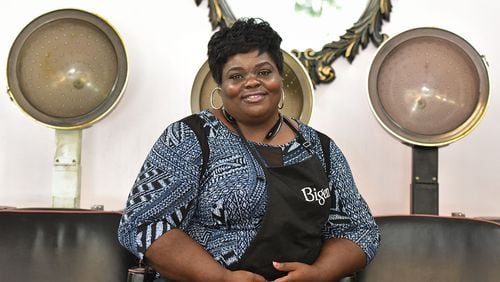
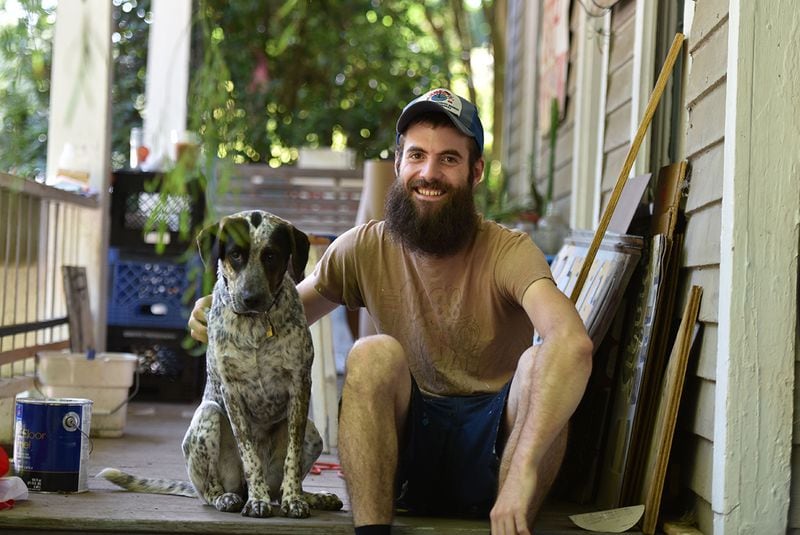
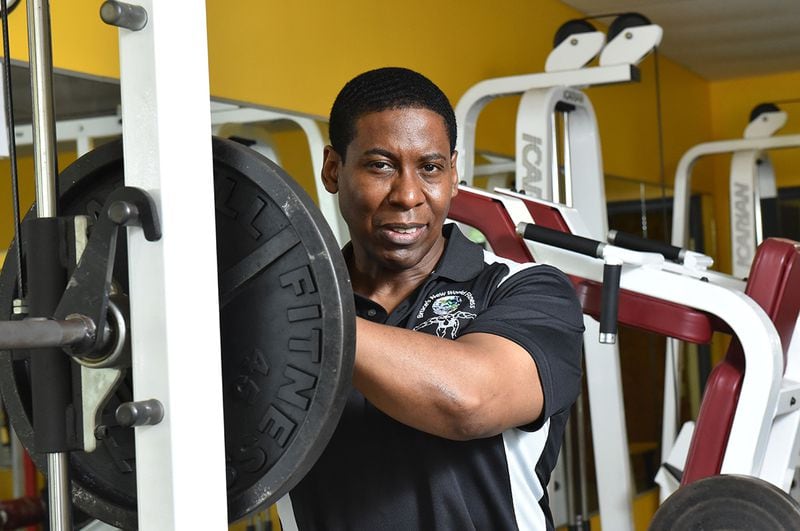
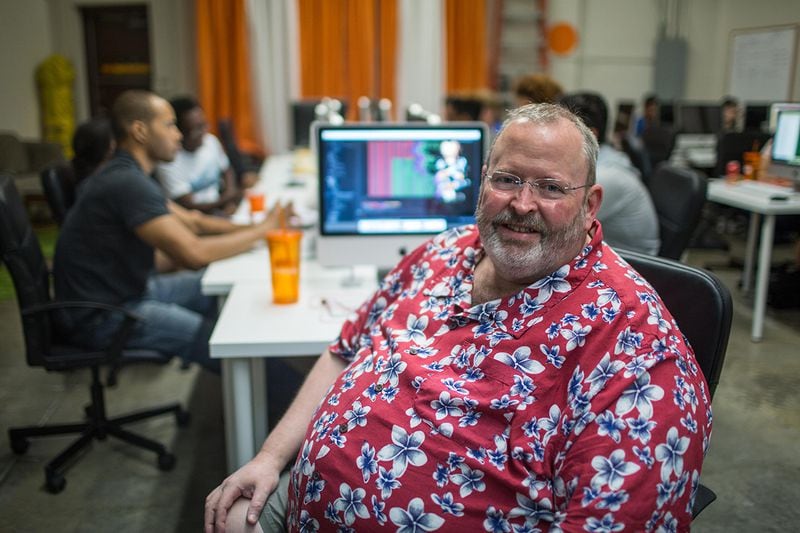
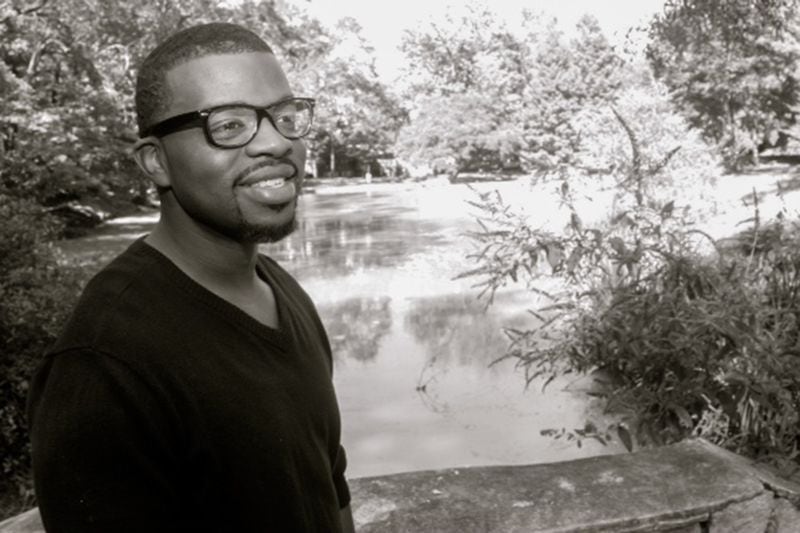
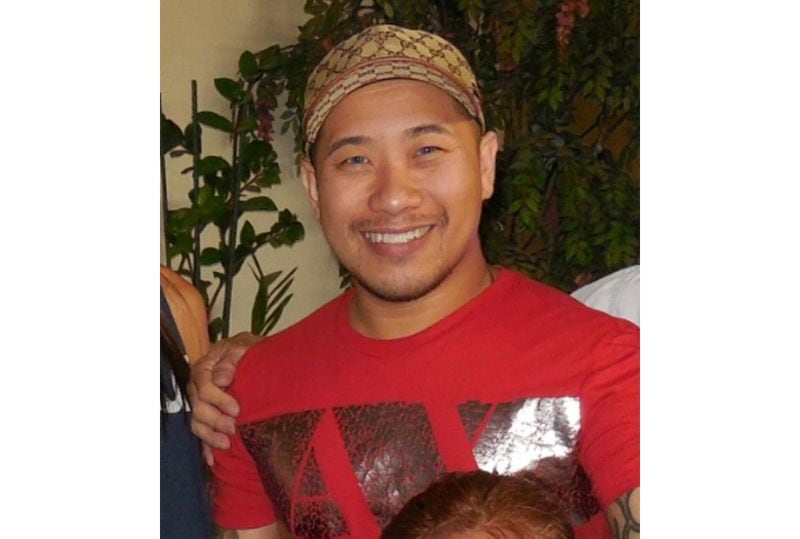
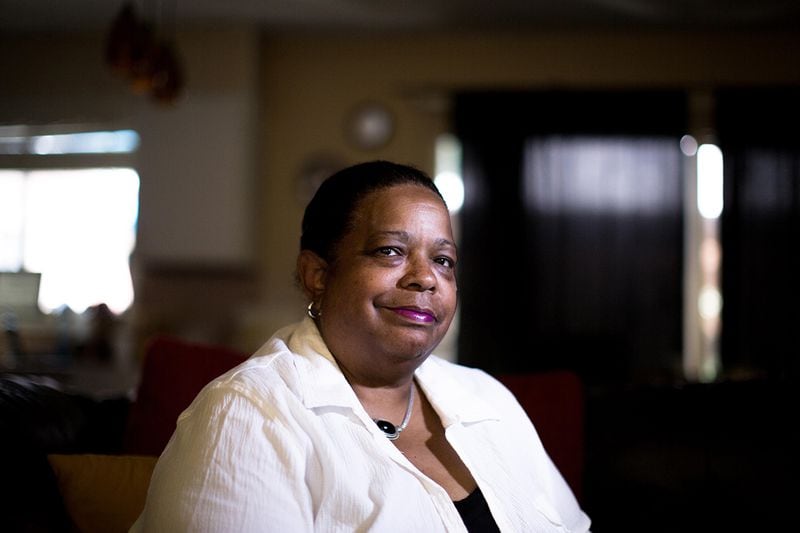


/cloudfront-us-east-1.images.arcpublishing.com/ajc/P7DYBH6TO7FEKG4SUXQQKADRXE.jpg)


